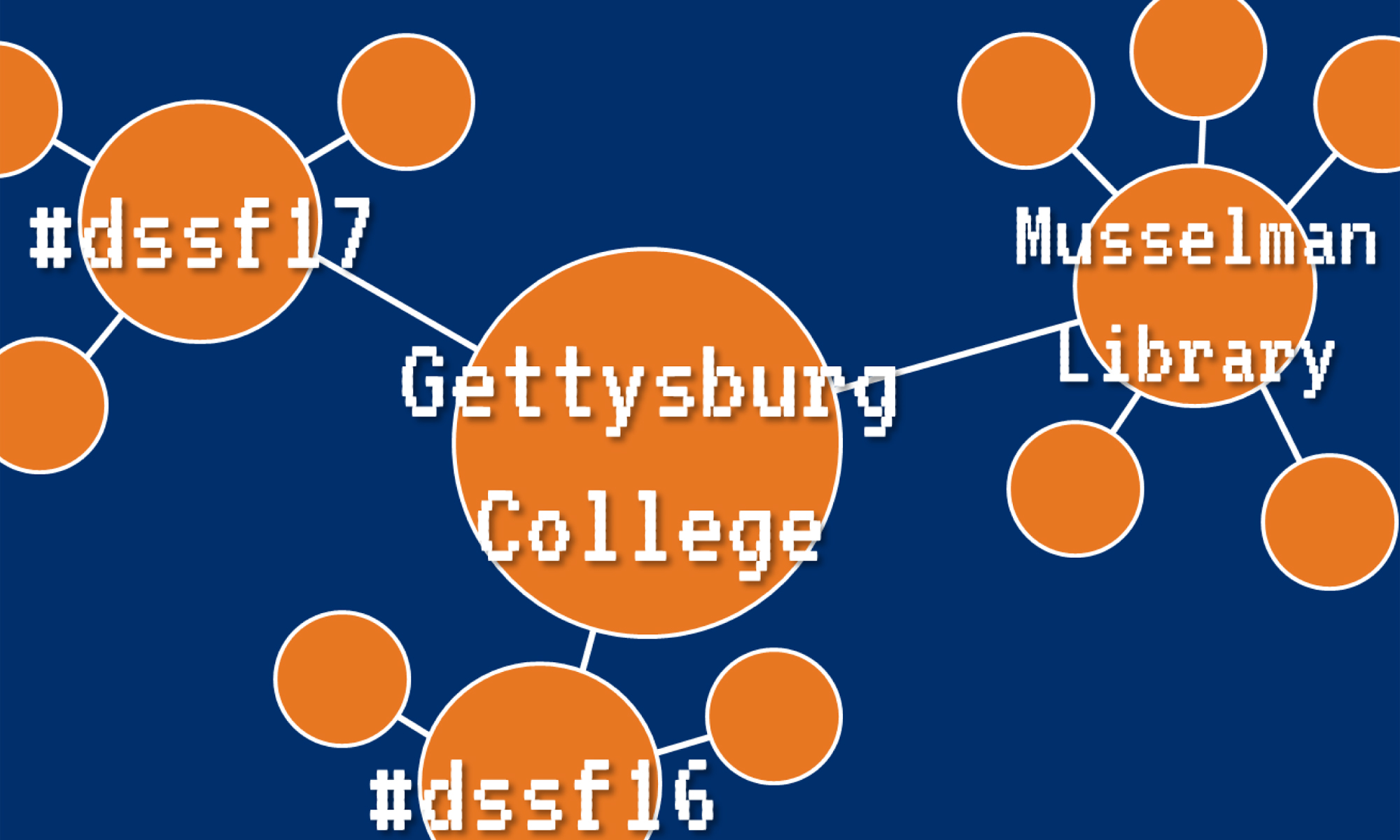The book Digital_Humanities has been used for this program extensively. It was the first book I received on the subject, and it has helped to frame my thinking about DH. So, for one of the last blog posts this summer, I return to this book to look at a larger issue- where does DH, my project specifically, fit within traditional scholarship?
Digital_Humanities is of the opinion that DH is opposed to traditional scholarship in many ways. Where traditional scholarship is done by mainly one person, DH is collaborative. Where journals and books are out of reach to some audiences, DH is accessible to anyone with internet connection. In a way, the two are separate fields, serving different audiences. Traditional Scholarship is often self contained, while DH exists in the realm of the digital for all to see.
In creating my project, I steered away from traditional scholarship thinking and embraced some aspects of DH wholeheartedly. My project is not written to be used by other scholars or kept behind a paywall where it has limited use. It is open to the public online to be used by anyone who wants to learn more about the streets of Gettysburg. It is meant to provide a service to the public. That is not to say that scholars cannot use my work either. I have documented my research to be used by anyone, and I am open to critique by and collaboration with other scholars. That is, after all, an aspect of DH.
I did not, however, abandon traditional methods. I used typical research techniques. I relied on the archives at the Adams County Historical Society and those who work there to help me find information. I dove deep into research to create solid interpretation, but had a wide scope to consider the history of Gettysburg with. According to Digital_Humanities, I acted like a Hedgefox. That is the book’s metaphor for a Humanist who is both traditional and open to DH. They advocate for a hybridization, where scholars embrace the best of both worlds. Like the fox, scholars should be curious and have a wide scope. Like the hedgehog, scholars should burrow and research in depth.
I certainly embrace this point of view. It is important to acknowledge new technologies and opportunities, but older methods should not be abandoned outright for their age. There is a reason why good research methods have endured. However, I think the problem falls to the issue of what is considered legitimate scholarship. Traditionally, something is known as legitimate scholarship because it has been published, peer reviewed, and is full of qualifications. DH cannot always have that because it is not always given its due. The book gives the example of Wikipedia as a DH project that is not readily embraced as scholarship despite its potential as a source of information.
That is where DH is most directly opposed to the traditional. DH puts power in the hands of many to decide what is important and should be written about, it is a decolonizing force. People are empowered to partake in this collaborative process. Most of all, DH is social and public. People can interact with it. That social aspect is what I strove for in my audio tour, as I felt it was most important that I connect with a larger audience.
These aspects may not be present in all Traditional Scholarship, but that does not mean it should be abandoned. The hybrid that Digital_Humanities described should be a model to strive for. However, to fully allow Digital Scholarship and Traditional Scholarship to coexist, the methods used to validate scholarship must be opened. Then, DH can have a place within scholarship.
Emma Lewis
